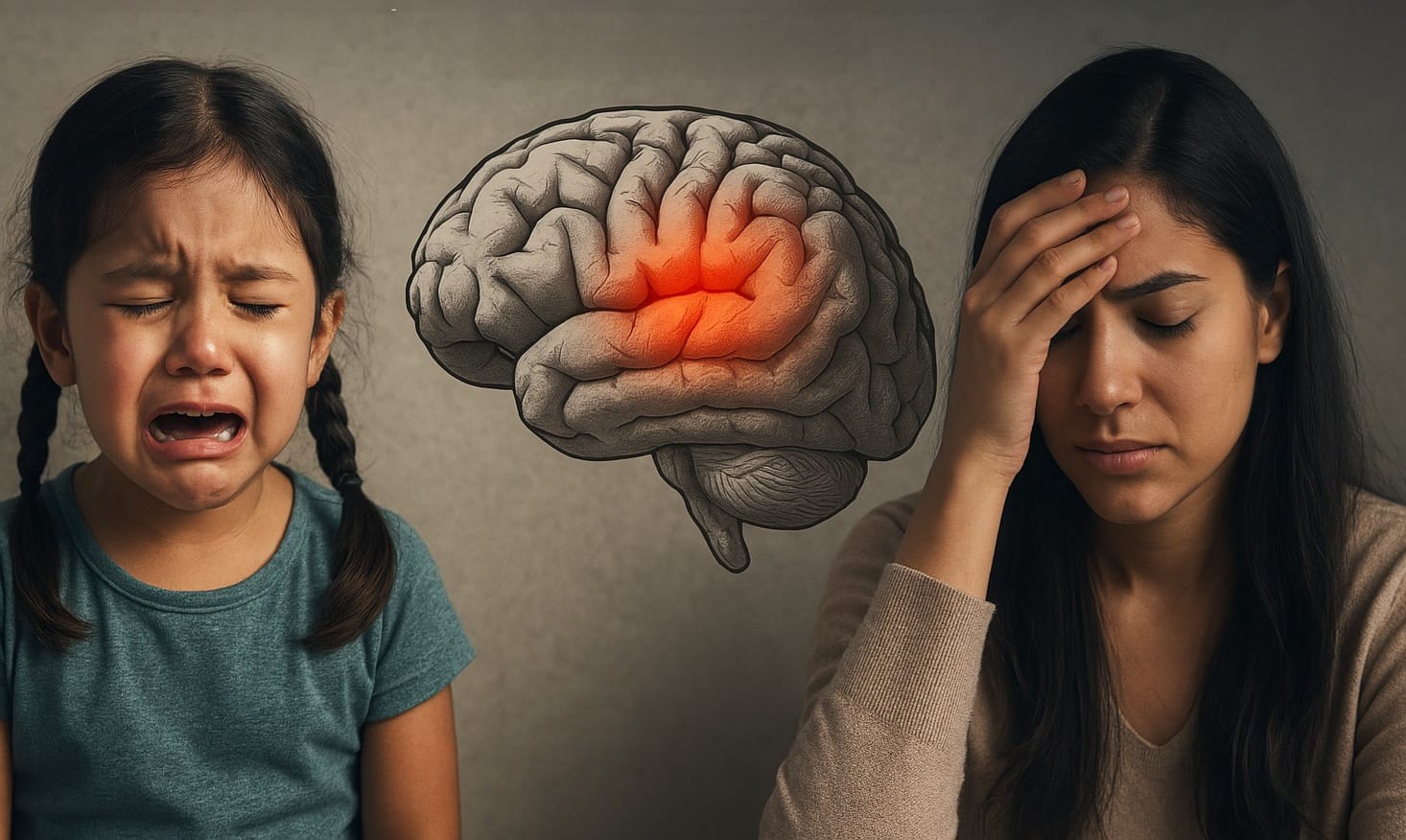Romantic Ruptures and Childhood Scars: The Neuroscience of Vulnerable Minds
The study provides compelling evidence that the convergence of childhood maltreatment and adult romantic breakups can lead to measurable changes in brain structure, particularly within the hippocampus.

Emerging research highlights the profound influence of early-life adversity on neurological development, particularly when compounded by stressors in later life. A recent study published in the European Journal of Neuroscience examines how childhood maltreatment, when coupled with the experience of a romantic relationship breakup, correlates with alterations in brain structure, specifically reduced hippocampal volumes.
Childhood maltreatment encompasses various forms of abuse and neglect, including emotional, physical, and sexual abuse, as well as deprivation of basic needs. Extensive research has established a link between such adverse experiences and an increased risk of developing psychiatric conditions like depression and post-traumatic stress disorder (PTSD) in adulthood. Notably, these early adversities have been associated with structural brain changes, particularly in the hippocampus, a region integral to memory formation and emotional regulation.
The hippocampus is a critical component of the limbic system, playing a pivotal role in consolidating information from short-term to long-term memory and in spatial navigation. It is also sensitive to stress, with high concentrations of glucocorticoid receptors making it particularly vulnerable to the effects of prolonged stress exposure. Alterations in hippocampal volume have been observed in various psychiatric disorders, suggesting its involvement in the pathophysiology of these conditions.
Researchers aimed to explore how the interplay between childhood maltreatment and subsequent romantic relationship breakups affects hippocampal volume. The study involved 196 healthy young adults, averaging 24 years of age, with an equal distribution of genders. Participants underwent assessments to evaluate their histories of childhood maltreatment and experiences with romantic breakups, followed by magnetic resonance imaging (MRI) scans to measure hippocampal volumes.
The analysis revealed that individuals who had experienced both childhood maltreatment and at least one romantic breakup exhibited significantly smaller hippocampal volumes compared to those without such experiences. This association was more pronounced in the left hippocampus and was particularly evident in cases involving neglect and deprivation rather than direct abuse. Interestingly, participants who had endured childhood maltreatment but had not experienced a romantic breakup did not show the same reduction in hippocampal volume, suggesting that subsequent stressors in adulthood may exacerbate or unmask the neurological consequences of early-life adversity.
These findings highlight the importance of considering an individual's entire life history when assessing mental health and neurological development. The interaction between early adverse experiences and later life stressors appears to play a critical role in shaping brain structure and, by extension, vulnerability to psychiatric conditions. For healthcare professionals, this highlights the necessity of adopting a holistic approach to patient care, one that integrates the assessment of past traumas and current life stressors to inform treatment strategies effectively.
An additional observation from the study indicates that participants who were in stable, committed romantic relationships at the time of assessment exhibited a weaker association between childhood maltreatment, breakups, and hippocampal volume reduction. This suggests that supportive relationships in adulthood may serve as a buffer against the neurological impacts of earlier traumas, emphasizing the therapeutic potential of building healthy interpersonal connections.
The study provides compelling evidence that the convergence of childhood maltreatment and adult romantic breakups can lead to measurable changes in brain structure, particularly within the hippocampus. These insights reinforce the need to consider the cumulative impact of life experiences on neurological and psychological health. By acknowledging and addressing both past and present stressors, clinicians can better tailor interventions to support resilience and recovery in individuals affected by complex life histories.
 Sunny Parayan
Sunny Parayan
#MentalHealth #ChildhoodTrauma #TraumaHealing #InvisibleScars #NeuroScience #EmotionalHealth #RelationshipTrauma #HealthyRelationships #healthvoice
